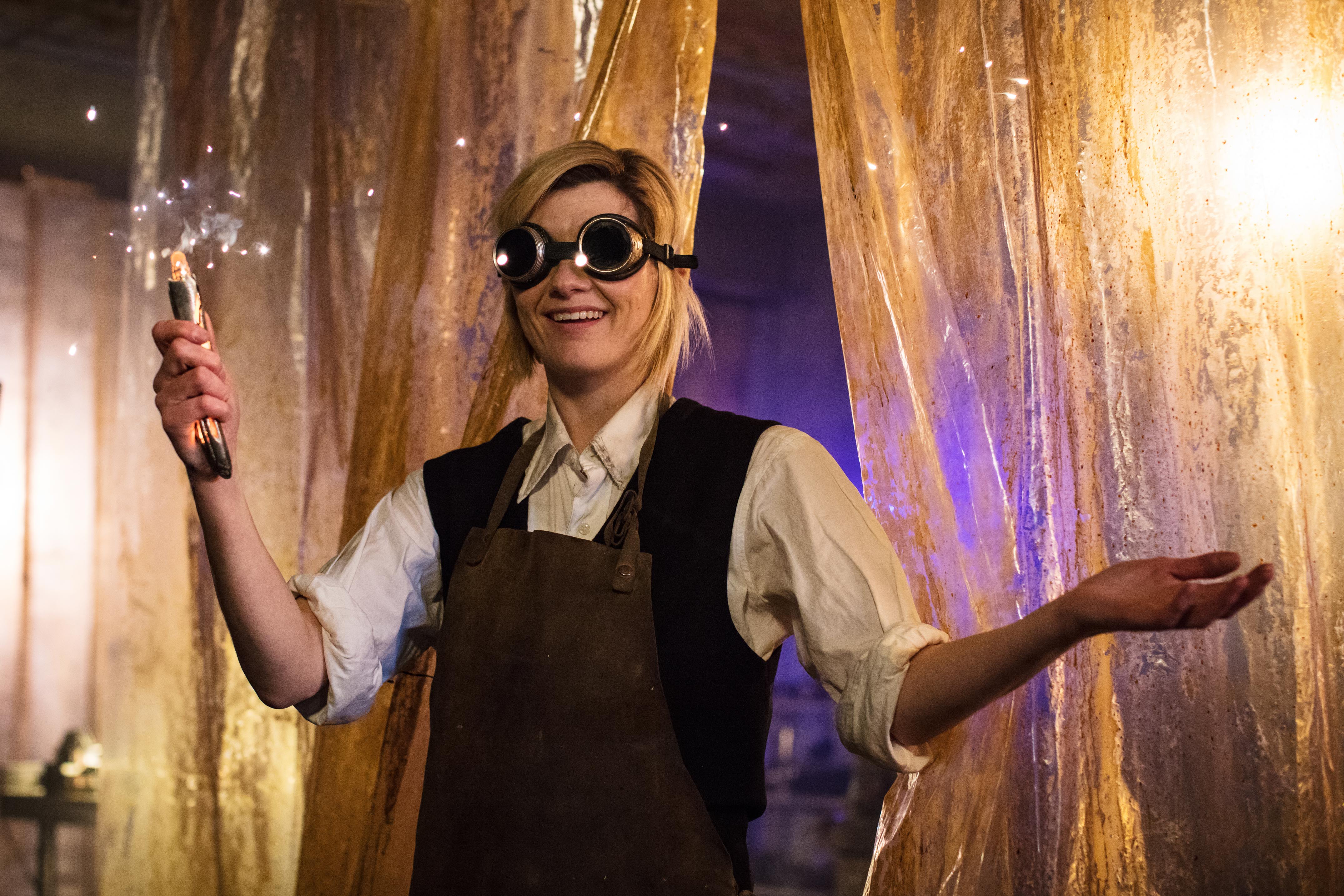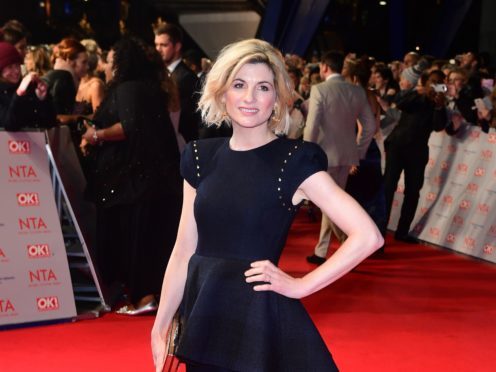Jodie Whittaker has said she is enjoying the conversation around being the first female lead in Doctor Who, but that she hopes it is not still a “thing” in the near future.
The actress made history when she was unveiled as the next Doctor in the BBC sci-fi series last year, the first woman to ever play the Time Lord.
Ahead of her debut in October, Whittaker, 36, told The Big Issue magazine: “It’s wonderful being the first Doctor who is a female. And I am enjoying the conversation.
“But if it is still a thing in five years’ time? If this would still be as big a moment…?

“I just hope we start to see that women are not a genre in that sense.”
The Broadchurch and Trust Me star added: “When I started to audition, I felt woefully under-qualified.
“But Chris (Chibnall, Doctor Who’s executive producer) explained that a new perspective is exactly what he wanted.
“That is the wonderful thing about these huge shoes I am filling. No one plays it the same. There is no pressure on me in that sense.”
She said that in a way, “being the first woman is even more liberating”.
“The thing about gender in this is that the Doctor is the Doctor. So gender is irrelevant in that sense,” she added.
“But within the world of history, within a social element, sometimes gender is relevant. And that would be a wasted moment if that wasn’t acknowledged in some episodes and worlds.”
Whittaker follows in the footsteps of her predecessor Peter Capaldi, as well as the likes of Matt Smith and David Tennant.
The official trailer is here! "I’m the Doctor, when people need help, I never refuse." #DoctorWho pic.twitter.com/KAGogcYDfn
— Doctor Who Official (@bbcdoctorwho) September 20, 2018
Whittaker said she is thrilled to be part of the sci-fi franchise and that she does not “want to be the bit in Whovian history that nobody talks about”, adding: “I see myself in my favourite roles regardless of whether they look like me.
“It is a bit of a myth – that boys can’t look up to girls but girls can look up to boys and that is all right. It isn’t like that – your heroes are your heroes.”
Whittaker will be joined by newcomers Bradley Walsh, Mandip Gill and Tosin Cole as her companions when the series returns to BBC One on Sunday October 7.
The Big Issue, sold by vendors to lift themselves out of poverty, is available to buy across the UK.
